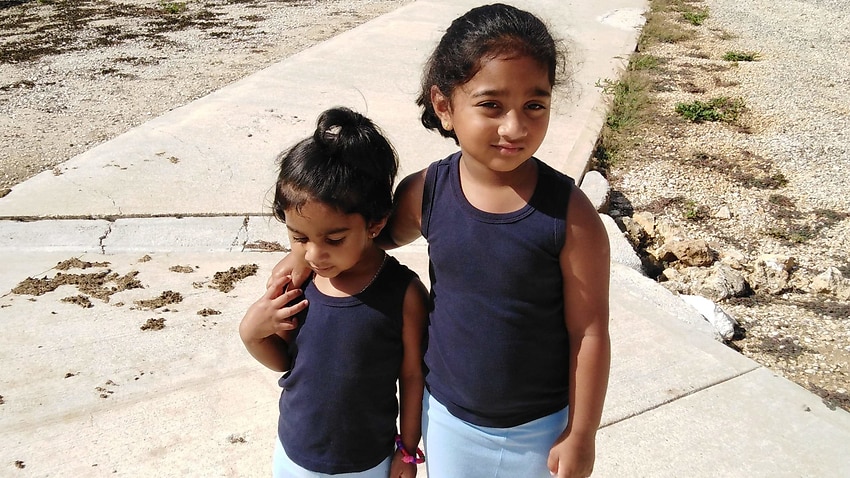The Australian Human Rights Commission has released a report that details increasing concern for the physical and mental health of people held in Australia’s immigration detention facilities.
The report finds that, in 2019, the average period an individual was held in immigration detention was close to or just above 500 days. In September 2020, the average period was 581 days – the highest ever recorded and much higher than any country comparable to Australia.
“We can and we must do better to protect the human rights of people in immigration detention,” says Human Rights Commissioner Edward Santow. “Prolonged detention makes human rights problems worse, including mental & physical health.”
The report lists four key concerns:
- A number of hotels provide very limited access to communal or outdoor facilities. While this accommodation is generally used for short periods only, many people are currently detained in these facilities for long periods.
- A large number of people remain in closed detention facilities where the Commission holds strong concern about their physical and mental health.
- The mental health of the broader detention population. There are high rates of self-harm and current treatment practices appear inadequate.
- Proposed plans to make it easier to remove people’s access to mobile phones. The Commission accepts that this may be legitimate in cases of high security risk, access to mobiles phones is essential for staying in connected to family, friends and legal representatives.
Biloela family
The findings are in line with personal accounts by the “Biloela” family: the Tamil family of four who were removed from the small Queensland town of Biloela in March 2018. They have so far avoided deportation but have been living in temporary accommodation on Christmas Island since. Late November marked their 1000th day on the island.
The mother Priya has spoken out about their living conditions, saying their one-bedroom cabin is not a suitable place for the family to spend the majority of their time.
She said the family has to share a bed, there is no internet access in the cabin, the washing machine is frequently broken, the children have no outdoor play area and the family has to be escorted by guards outside of the centre – including trips to and from school for five-year-old Kopika.
With a permanent solution a long way off, the family is facing indefinite detention in temporary accommodation on Christmas Island.
Further challenges
The Commission’s report comes on the heels of a High Court rejection of Peter Dutton’s attempt to stop asylum seekers suing the government for neglect and a condemnation by Doctors for Refugees who say the shackling of asylum seekers during medical examinations in hospitals is “unnecessary and humiliating.”
The group say handcuffed asylum seeker patients are being “paraded like criminals” through hospital wards and humiliated as they sit shackled in doctors’ waiting rooms.
The Australian Human Rights Commission and the commonwealth ombudsman have also criticised the unnecessary use of handcuffs on asylum seekers. The practice is now the subject of a federal court test case, launched by the Public Interest Advocacy Centre.
Reach out to the Biloela family
The Solidarity with Biloela group is asking Australians to send a Christmas card with a message of support. You can send it to:
Nades and Priya
c/o Phosphate Hill Immigration Facility
Christmas Island WA 6798
Please send your card via express post so it arrives in time for Christmas


